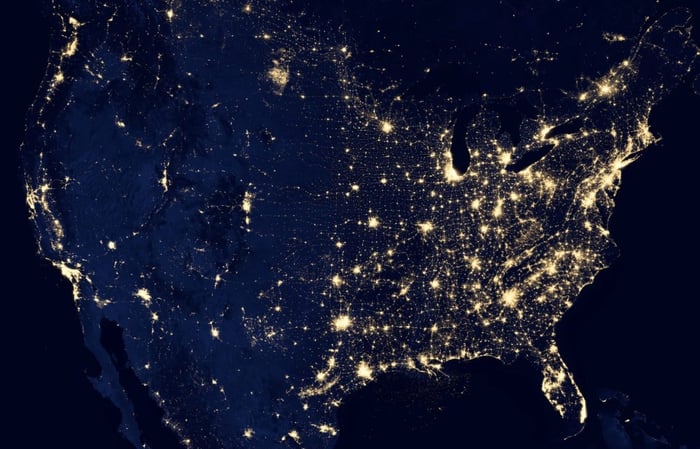INSIGHT by First Street Foundation

“This work highlights the degree to which the changing climate is directly impacting the larger economy through shifts in the insurance market and home devaluation. The cost of climate exposure is not simply the damage from the floods, wind, and wildfire; it also makes its way into many other connected parts of the economy, and we are seeing that now in the insurance industry and real-estate market.”
-Dr. Jeremy Porter, Head of Climate Implications Research at the First Street Foundation
The report also highlights the increased reliance of homeowners on “insurers of last resort” across a number of high-risk states. In Florida, one such agency, Citizens Insurance Agency, has become the largest insurer in the state. From 2016 to today, Citizens’ policies in force in the state have grown from under 500 thousand to about 1.3 million today (+168%) and average premiums across the state have increased from roughly $2,000 to $3,300 annually (+65%). In Louisiana, 2023 started with an average increase of 63% on all premiums through the Citizens’ insurance program in that state, with some of the largest increases occurring in the heavily populated New Orleans area. In California, as property exposure to wildfire has become more common, insurer-initiated policy non-renewals have grown in the most at-risk areas by nearly 800%, and between 2015 and 2021 participation in the state-run FAIR plan has increased by 90%, growing to nearly 270k policies.“The over reliance of property owners on state run insurers of last resort is a big flashing sign that standard practices in the insurance market cannot keep up with our current climate reality. We are rapidly moving to a place where the cost of insurance will make the most at-risk homes effectively uninsurable.”
-Matthew Eby, Founder and Chief Executive Officer of First Street Foundation
The First Street Foundation models and the property-specific estimates of risk and loss add to the existing understanding of climate risk across the nation, today and 30 years into the future. First Street Foundation makes this property-level information publicly available through its Risk Factor® website, where every property owner may find their Fire Factor®, Wind FactorTM, Flood Factor®, and Heat Factor® and the estimated damages associated with their risk. More broadly, this information is available for communities, states, and governments to help inform decisions regarding climate risk, so that people, properties, and communities may be adequately protected from climate risks.Have you already read?Fossil fuel subsidies surged to record $7 trillion | IMF
“As extreme weather events increase in frequency and severity due to climate change, it is essential that homeowners across the United States are properly aware of their unique, multi-hazard risk profile and equipped with adequate protections through their insurers. By having accurate, future looking data at our disposal, we can better prepare for the worst physical and economic impacts of a warming planet in the present and future.”
-Ibbi Almufti, Principal at Arup
aboutFirst Street Foundation is a non-profit 501(c)(3) research and technology group dedicated to making climate risk accessible, easy to understand, and actionable for individuals, governments, and industry. Using world-class modeling techniques based on the most up-to-date science available they inform Americans of their risk today and into the future through their numerous peer-reviewed publications and reports along with Risk Factor (riskfactor.com), their publicly facing property-specific climate risk assessment tool. All opinions expressed are those of the author and/or quoted sources. investESG.eu is an independent and neutral platform dedicated to generating debate around ESG investing topics.
